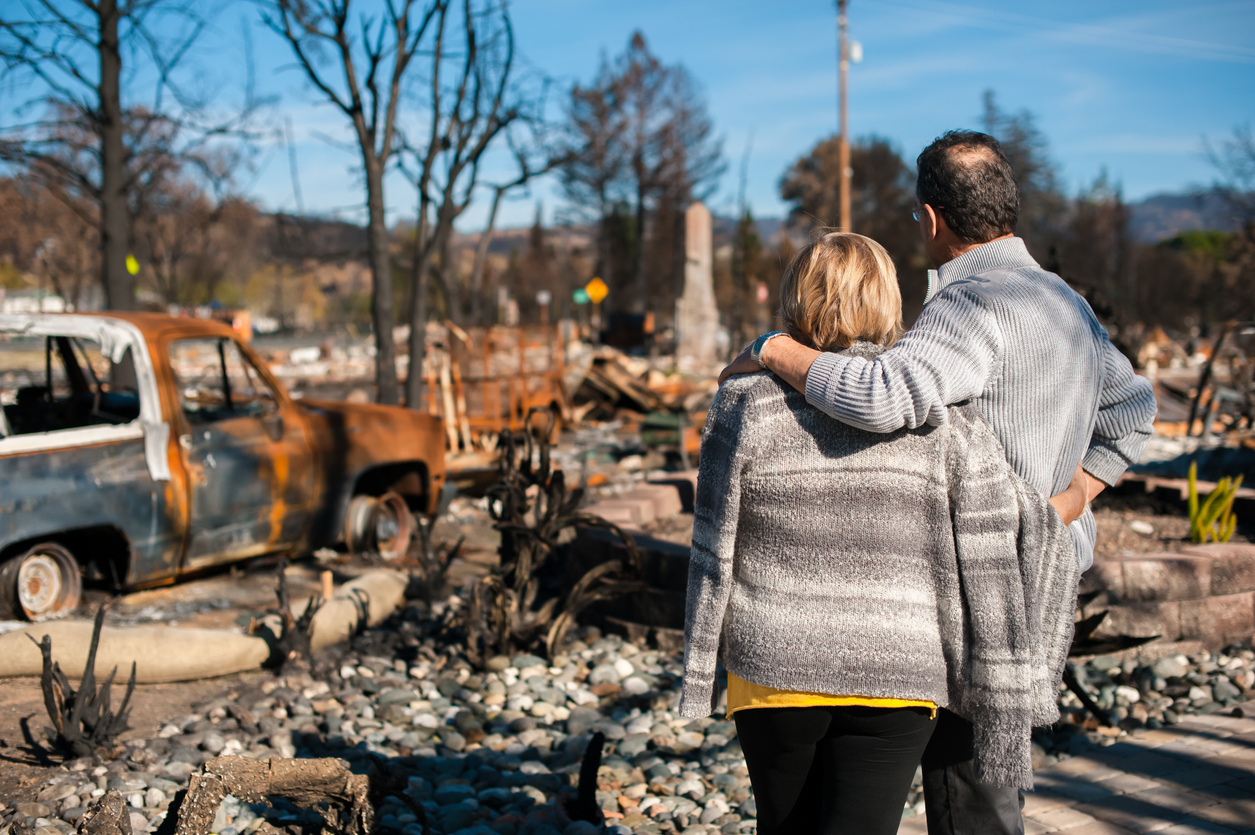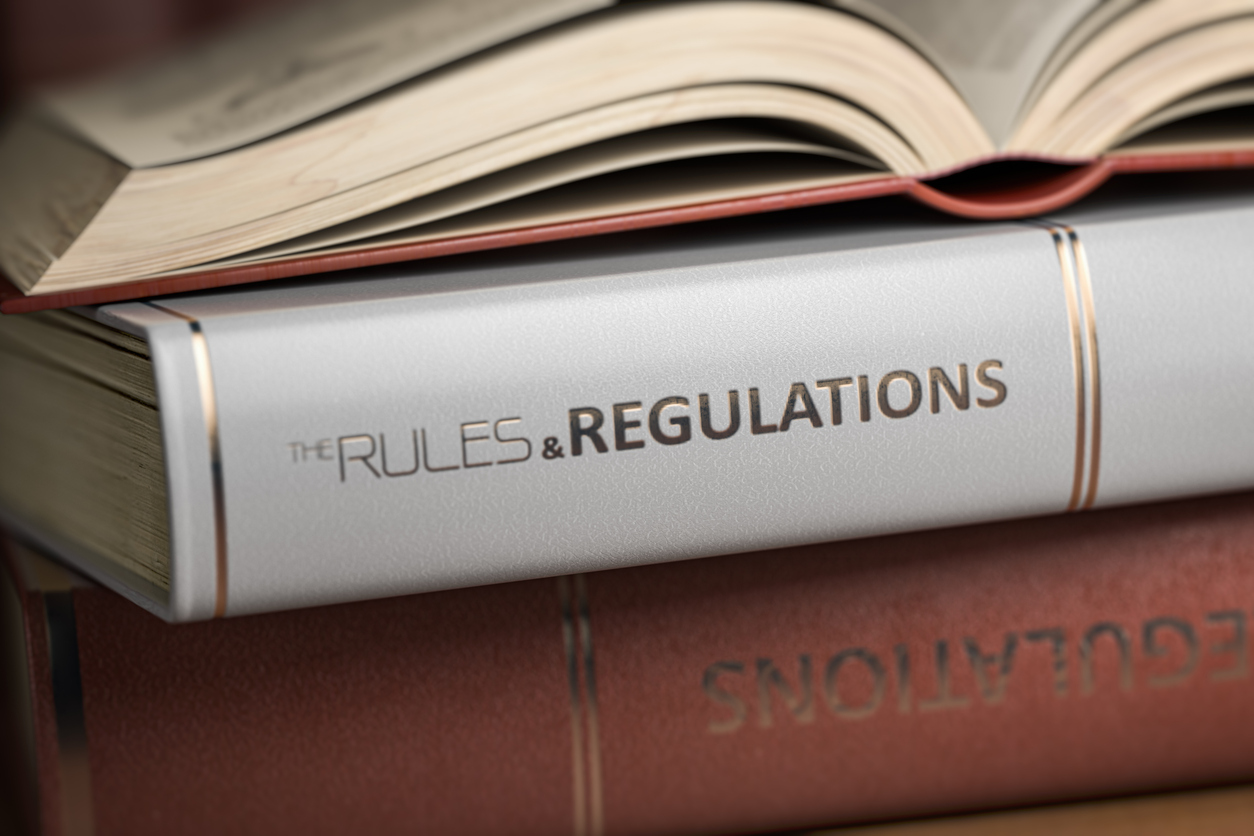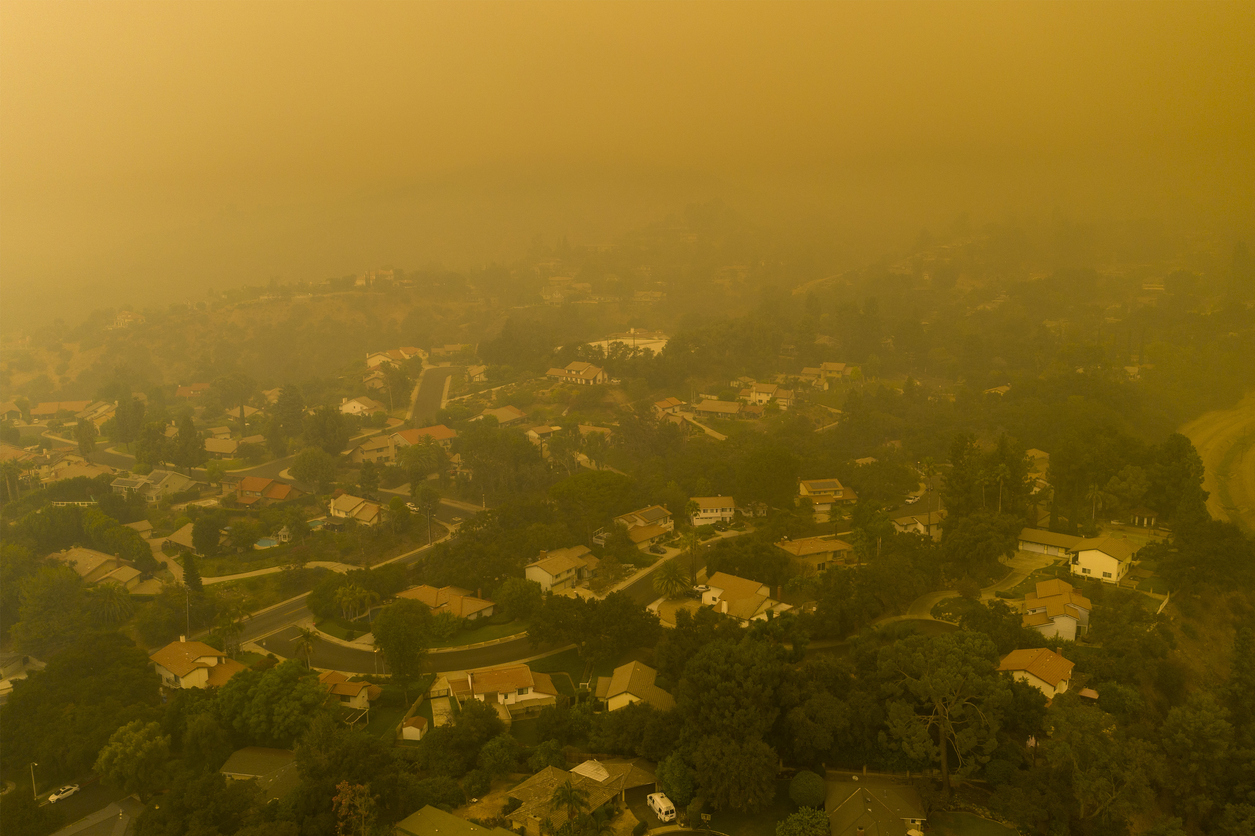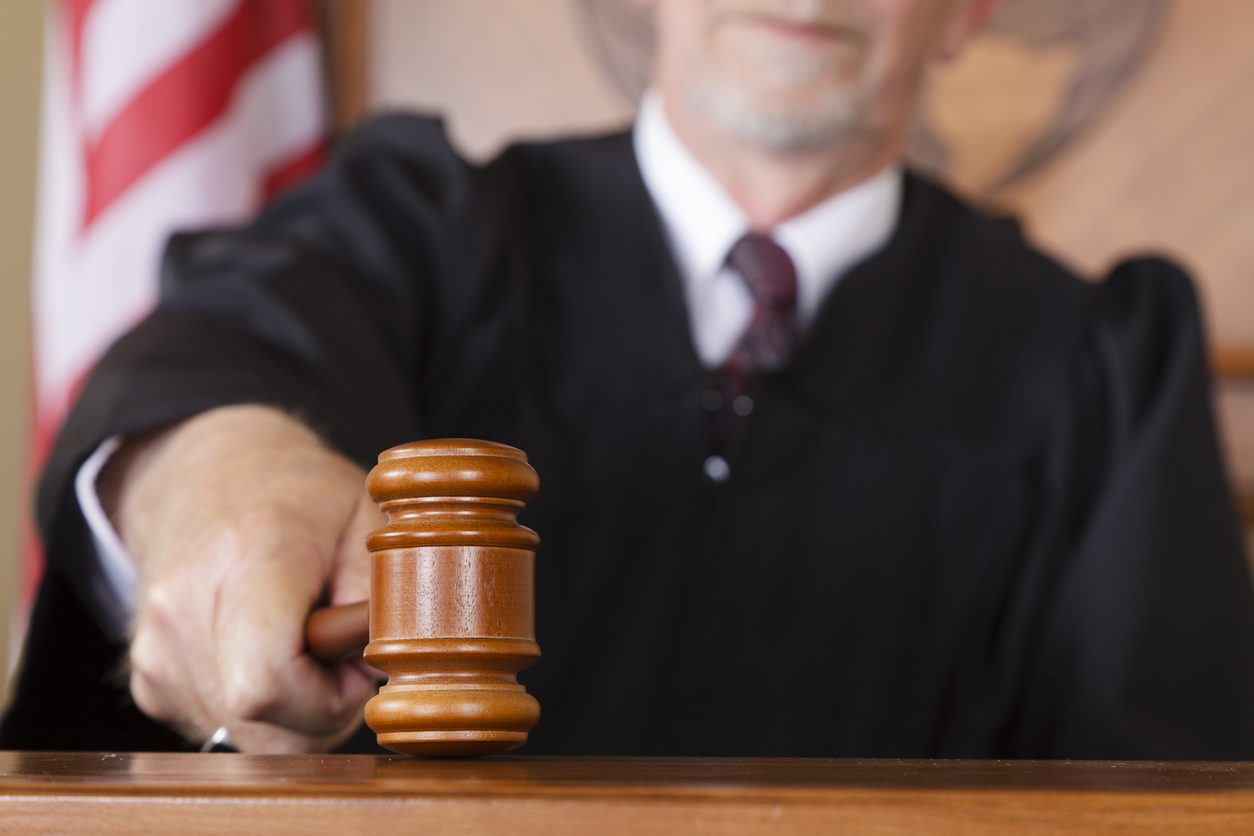Yesterday, while I was busy in a Denver federal court successfully arguing against attorneys for State Farm on most points, the Colorado Division of Insurance announced a new regulation1 to provide some relief to policyholders suffering from the historic Colorado wildfires that have struck this beautiful state over the past several years.
The Colorado Division of Insurance stated the purpose of the new regulation as follows:
The purpose of this emergency regulation is to protect homeowner policyholders who have suffered a loss during a catastrophic disaster, such as the 2020 Colorado East Troublesome Fire and the 2021 Marshall and Middle Fork Fires, from insurers that cause unreasonable delays in claim handling, which may further delay rebuilding property. Such delays may be further exacerbated by labor and material shortages. Further, this regulation identifies specific acts or practices that may constitute unfair claim settlement practices.
On October 14, 2020, the East Troublesome Fire damaged or destroyed more than 500 residential and commercial structures. On December 30, 2021, the Marshall and Middle Fork Fires – the most devastating fires in Colorado history – damaged or destroyed more than 1,000 residential and commercial structures. Given the unprecedented number of homeowners and renters affected by these recent fires, the Division anticipates that locating temporary residences and the labor and material necessary to rebuild will be difficult and time consuming.
The Division of Insurance (“Division”) finds, pursuant to § 24-4-103(6)(a), C.R.S., that immediate adoption of this regulation is imperatively necessary for the preservation of public health, safety, or welfare. This emergency regulation is necessary in part to provide immediate protections for those homeowner’s insurance policyholders that were impacted by these fires and are filing related claims to repair or replace damaged structures. Individuals impacted by these fires will likely need an extension of the timelines set forth in homeowner insurance policies to repair or replace lost property given the large volume of damaged or destroyed structures, complicated by potential labor and material shortages caused by the COVID-19 public health emergency. Therefore, compliance with the requirements of § 24-4-103, C.R.S., would be contrary to the public interest.
This is the new rule:
In the event of a catastrophic disaster, an insurer shall waive any waiting periods related to ALE benefits for those policyholders whose residence requires repair or replacement or if the policyholder permanently relocates.
In the event of a catastrophic disaster, an insurer shall act in good faith and shall consider any adverse circumstances beyond the insured’s control that may require maintaining and extending policyholder benefits beyond those afforded by the timelines in the underlying insurance policy. In determining whether certain benefits should be extended, insurers shall take into account all circumstances affecting the claim, including, but not limited to, labor and material shortages and other circumstances affecting the claim but not directly caused by the catastrophic disaster.
The Division is specifically concerned with ALE benefits and time limits on repair or replacement for recoverable depreciation coverage. If the insured has acted in good faith and with reasonable diligence, the insurers shall also act in good faith to maintain or toll policy time limits where necessary to protect its policyholders.
In the event of a catastrophic disaster, where an insurer causes an unreasonable delay in the settlement of a claim, the insurer shall:
1. Toll the ALE time limits for the duration of the time required to repair or replace the damaged property.
2. Toll the policy time limits for the policyholder to complete the repair or replacement of the damaged part of the property necessary for issuance of the replacement cost value payment.
In the event of a catastrophic disaster, if the insurer has caused delays in providing the initial estimate of damages and/or the actual cash value payment, the insurer shall act in good faith and toll the time period that the policyholder can recover ALE benefits and collect recoverable depreciation by a time period equivalent to the delayed action by the insurer.
In the event of a catastrophic disaster, failure to toll policy time limits for ALE or recoverable depreciation (RCV) benefits beyond policy time period limits, after causing an unreasonable delay in the settlement of a claim, may constitute an unfair settlement claim practice.
I have always believed that Arizona follows the best rule regarding these arbitrary time frames—they do not apply unless the untimeliness prejudices the insurer. Why does somebody have to replace all their personal property in 180 days? For a lot of people, it has taken the better half of a lifetime to obtain those items. The insurers arbitrarily make up a time frame to do this—why? I have never been provided a definitive and supported reason why these time frames are found in replacement cost policies.
I will be giving a speech about this new regulation and other new cases and laws in Colorado at the Rocky Mountain Association of Public Insurance Adjusters (RMAPIA) meeting on Monday. If you are a public adjuster doing business in Colorado, this two-day conference is important.
Thought For The Day
It is of great importance to our country generally, and especially to our navigating and whaling interests, that the Pacific Coast and, indeed, the whole of our territory west of the Rocky Mountains, should speedily be filled up by a hardy and patriotic population.
—James K. Polk




